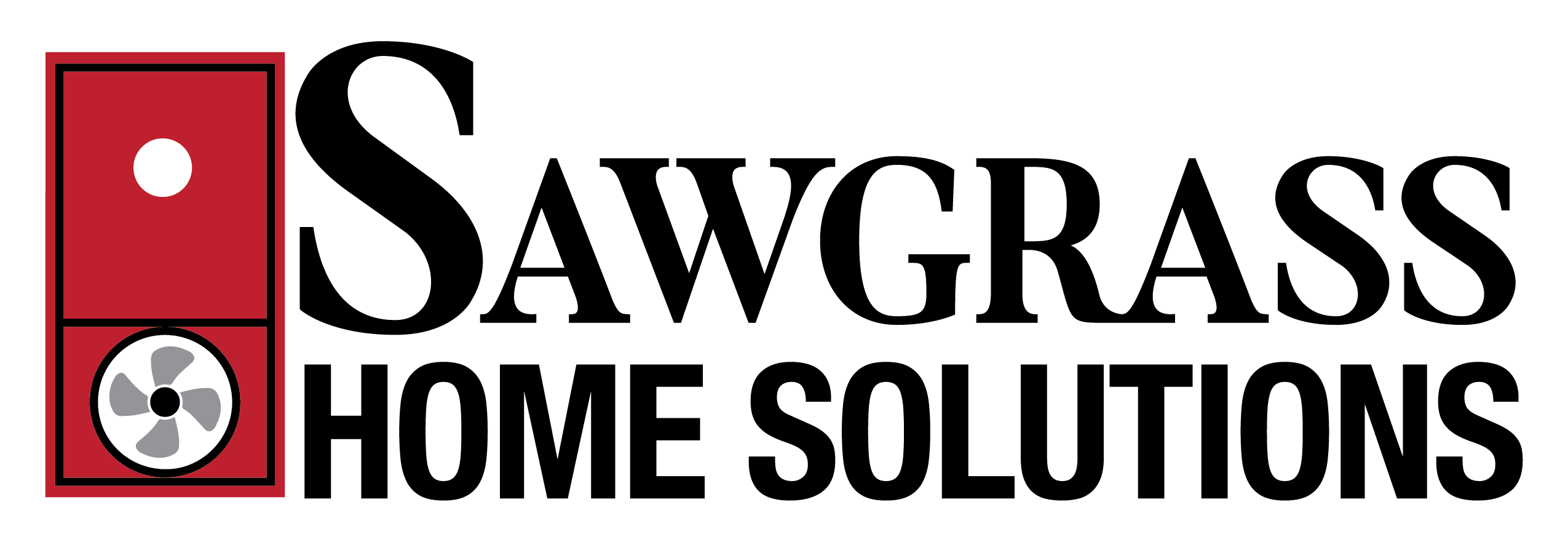August 2, 2019
Energy audits focus on identifying the deficiencies and providing recommendations that will reduce your home's operating expenses, improve its comfort provisions, render a healthier living environment, and reduce the need for costly repairs resulting from weather durability issues.
Save Money & Increase Home Comfort:
- Test equipment indicates the sources of costly building envelope and duct air leakage
- Raters identify and provide recommendations to correct inadequate insulation R-values
- Improved insulation and air-leakage reduction allows for smaller, more inexpensive HVAC systems
- Computer-based sizing calculations prevent HVAC system over-sizing
- Occupant health and safety hazards are identified and repair recommendations areprovided
- Corrected efficiency issues will save money over time
- Savings-to-Investment ratios are generated to determine how long improvements will take to pay for themselves.
The annual return-on-investment of improvements is typically about 16%. (RESNET)
Increase Home Market Value & Increase Re-sale Opportunities:
- $1 decrease in annual energy costs = increase in market value of $20. (www.resnet.us)
- Rising energy rates make an efficient home more appealing
Early Detection of Potential Problems Caused by:
- Hidden infiltration pathways of moisture laden air
- Hidden condensation development
- Inadequate fresh-air ventilation
- Mold, Dust Mite, and Fungus promoting conditions
- Radon Infiltration from the crawlspace
- Poor water management provisions
- Combustion Appliance issues
- Improper HVAC sizing.
Reduce Carbon Footprint:
- Reduced energy demand decreases greenhouse gas production
- Reduced dependence on foreign energy sources
- Reduced impact on natural resources
Buildings account for 39% of U.S. carbon emissions and the consumption of 40% of the nation's total primary energy, 73% of electricity, and 55% of natural gas (Oak Ridge National Laboratory).
